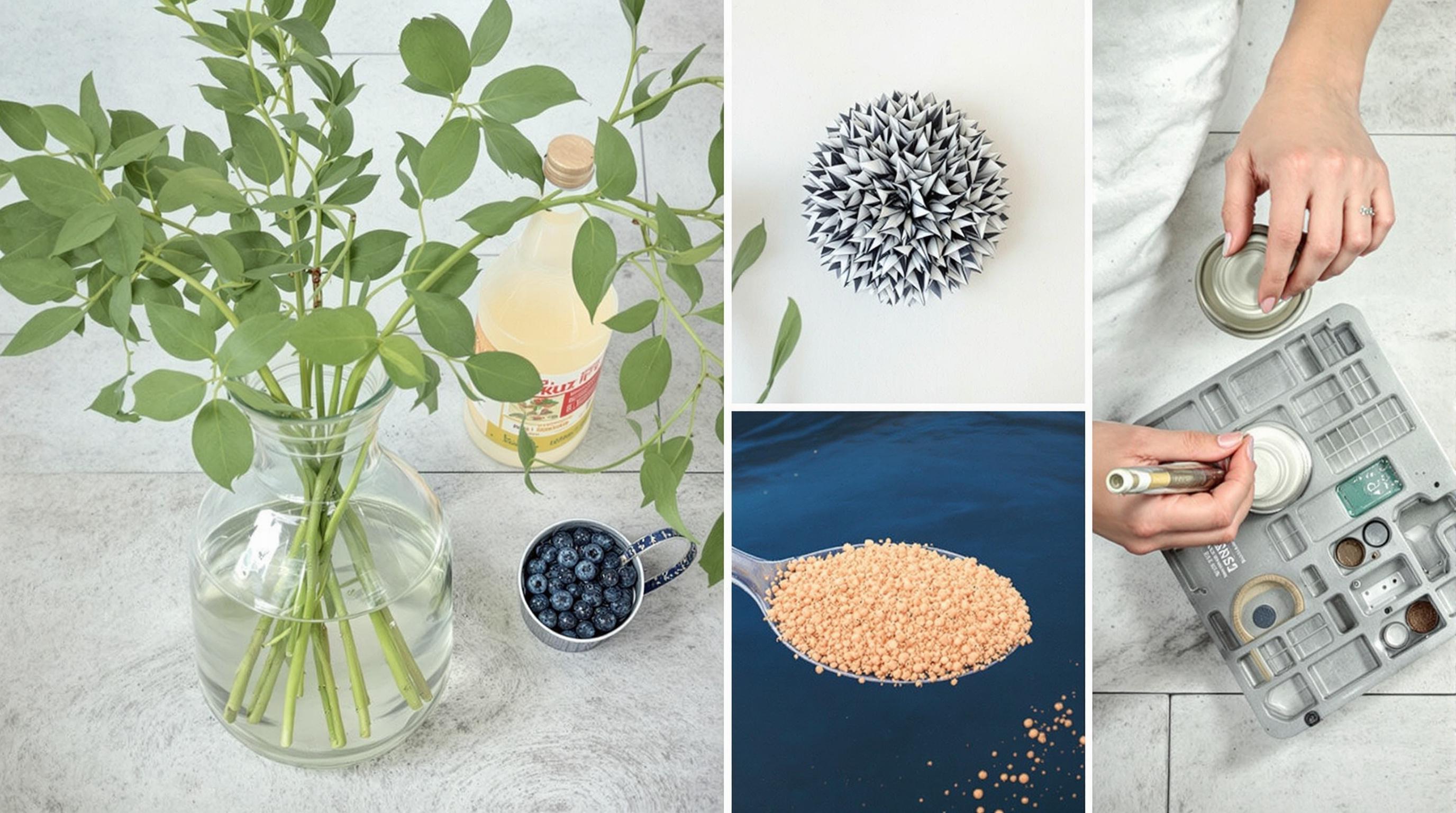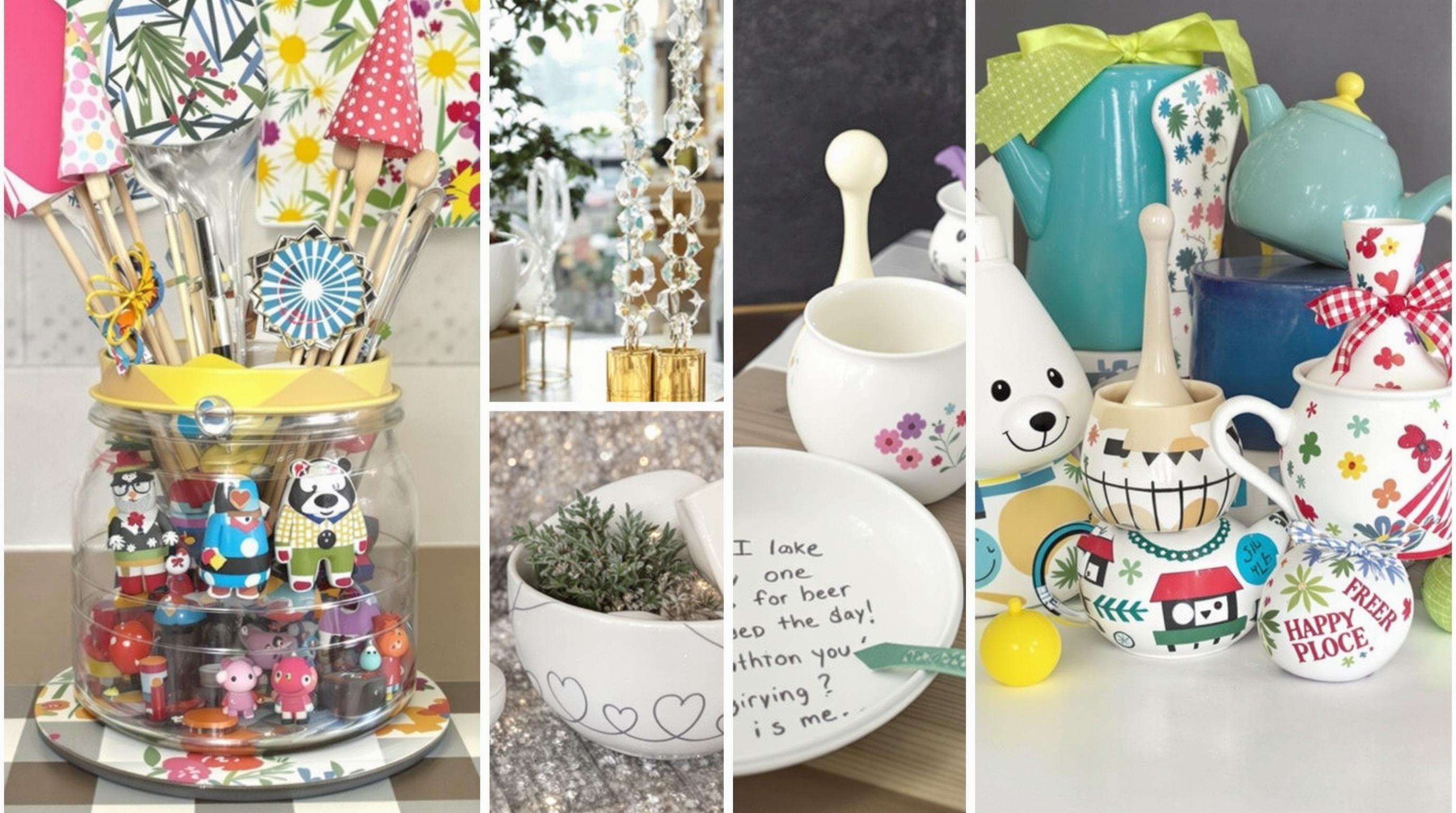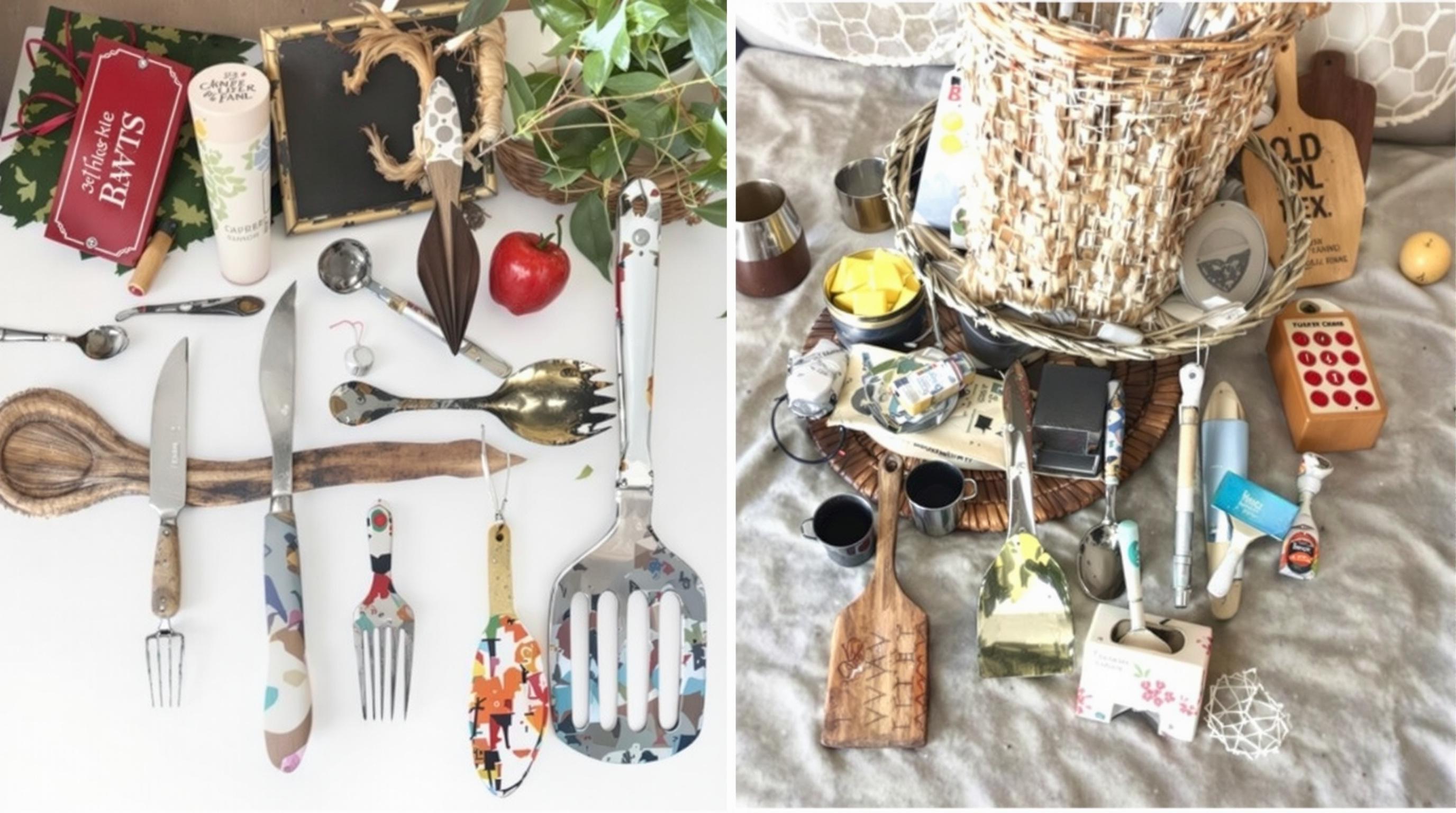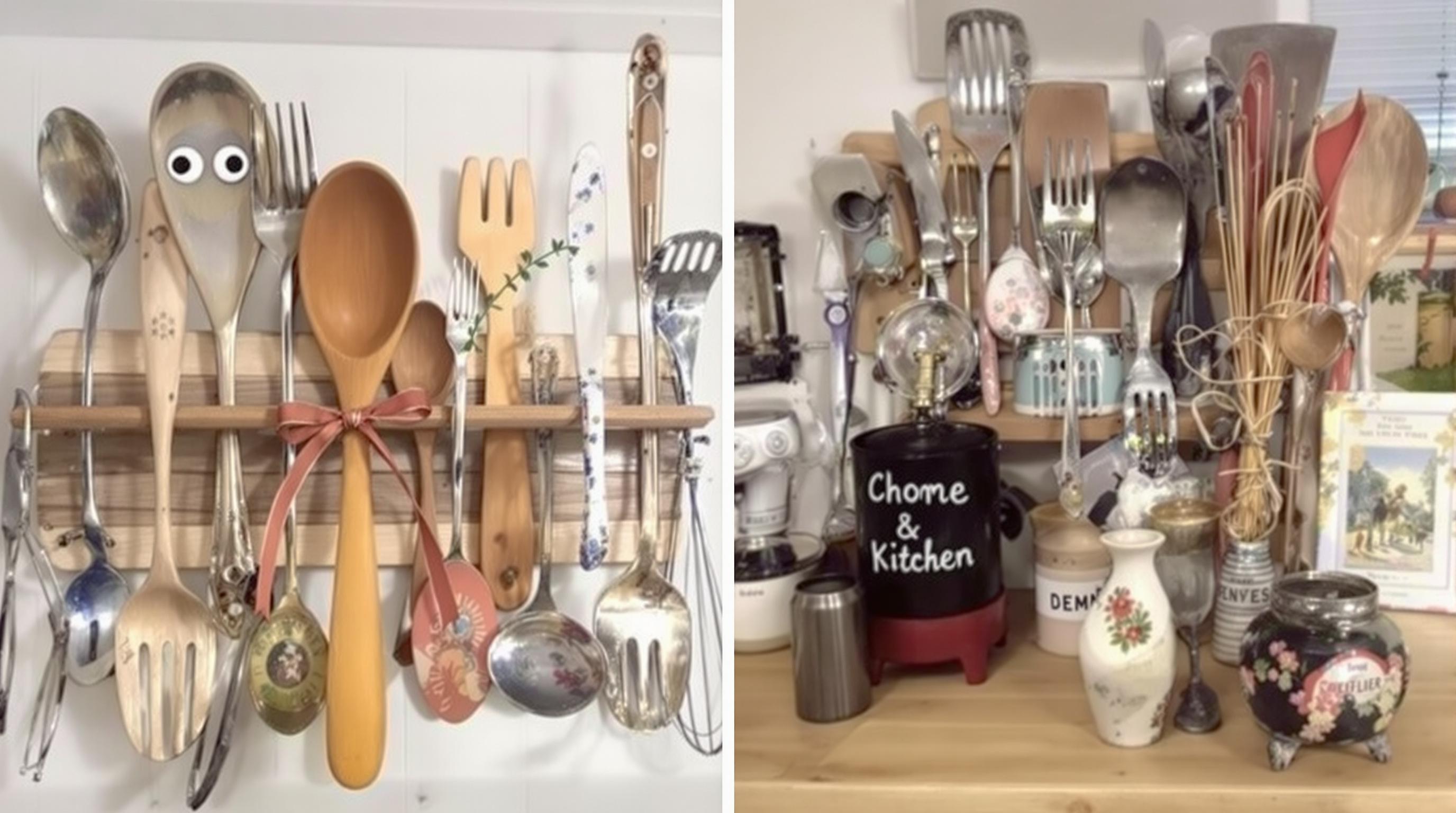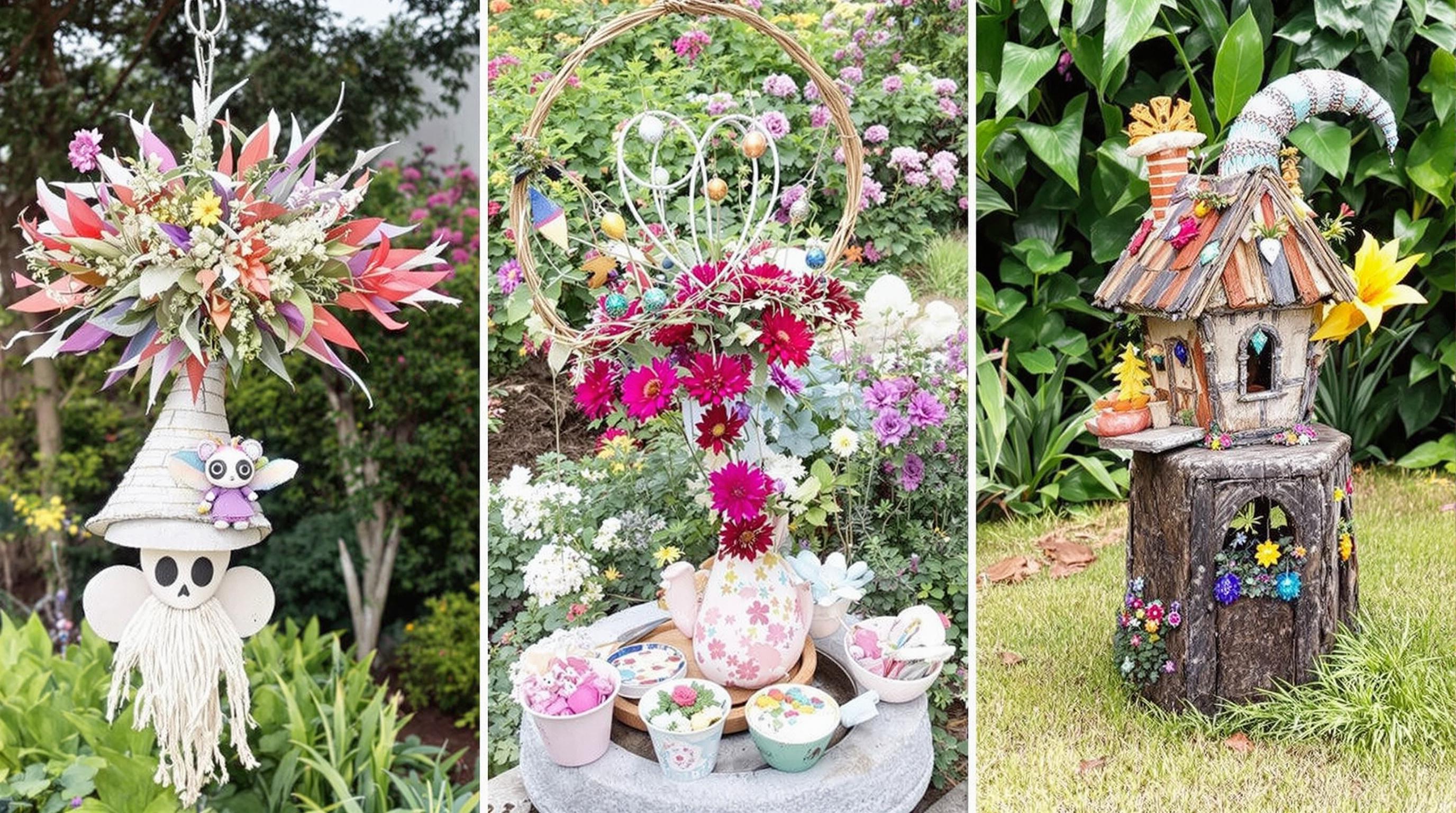Related Articles
- Bizarre Wonders: Crafting Functional Ornaments from Obsolete Household Gadgets and Oddities
- Eco-Chemistry: Innovative Projects Using Upcycled Materials from Your Kitchen for Sustainable Living
- Mystical Metamorphosis: Crafting Enchanted Home Decor from Unwanted Childhood Toys and Forgotten Doll Parts
- Color Cravings: Exploring the Unconventional Links Between Food Choices and Fashion Statements
- Hues of Controversy: The Surprising Ties Between Color Choices and Ethical Consumerism Trends
- Color Waves: Exploring the Impact of Music on Visual Aesthetics in Art and Fashion Choices
Eco-Chemistry: Innovative Projects Using Upcycled Materials from Your Kitchen for Sustainable Living
Eco-Chemistry: Innovative Projects Using Upcycled Materials from Your Kitchen for Sustainable Living
Eco-chemistry is a fascinating field that blends chemical principles with ecological consciousness, paving the way for innovative projects using materials often discarded from our kitchens. In this article, we explore various creative upcycling projects that not only foster sustainable living but also inspire you to look at your kitchen waste with new eyes!
The Allure of Upcycling
Many people think of recycling as simply putting items in a bin, but upcycling takes this process a step further. It transforms what we would normally consider trash into something useful or even beautiful while minimizing waste. According to the U.S. Environmental Protection Agency, the United States generated about 292.4 million tons of trash in 2018—a statistic that makes upcycling appealing to environmentally conscious folks everywhere.
Why Eco-Chemistry Matters
As a 25-year-old living in today’s fast-paced society, I often find myself bombarded by advertisements advocating for a more sustainable lifestyle. But do we truly understand what that entails? Sustainable living isn’t just a trend; it’s a necessity that we must embrace if we are to combat mounting environmental problems. Upcycling is one powerful solution in our arsenal.
Fun Projects to Transform Kitchen Waste
Now let’s dive into the fun part! Here are several projects you can undertake using everyday materials collected from your kitchen:
1. Citrus Peel Cleaning Supplies
Have you ever thought about tossing your orange or lemon peels after enjoying a snack? Instead, consider using them to create a natural cleaning solution! Simply soak the peels in vinegar for a week, and you’ll end up with an aromatic, effective cleaner. The natural oils found in citrus are excellent at cutting grease and eliminating odors. According to a report from the National Institutes of Health, orange peel extract can enhance the efficiency of cleaning products significantly.
2. Eggshell Calcium Fertilizer
Eggshells can often end up as one of the most disregarded waste products in our kitchens. Yet, they are packed with calcium—which is vital for plants! Simply rinse your eggshells, let them dry, grind them into a powder, and sprinkle this rich source of calcium into your garden. Not only will this nourish your plants, but you’ll also be reducing the amount of waste sent to landfills!
From Trash to Treasure: Storytelling Projects
Every object we toss into the trash has a story—a hidden potential just waiting to be explored. Here’s one enlightening case study: a community initiative in Portland, Oregon called the “Rethink Waste Project.” This program has transformed thousands of kilowatts of wasted energy into educational workshops where community members learn to repurpose their kitchen scraps into vibrant compost bins and effective gardening tools.
The Ripple Effect of Upcycling
It is vital to recognize that even the smallest actions can have significant global impacts. Imagine if each person in the U.S. spent just one week upcycling their kitchen scraps. According to a study by World Wildlife Fund, this could save thousands of tons of resources that would otherwise go into waste management systems and landfills.
3. Coffee Grounds: The Secret Ingredient
If you love coffee (and who doesn’t!), you might be happy to know that spent coffee grounds can be repurposed in several ways. They are fantastic as a natural exfoliant in homemade scrubs, minus any synthetic additives. Mix coffee grounds with coconut oil and sugar, and you’ve got yourself a delightful and eco-friendly scrub that not only smells divine but is great for your skin too!
Engaging the Younger Generation
As a young writer in my 20s, I see how passionate my generation is about taking actionable steps towards sustainability. Social media is rife with influencers and everyday people alike sharing their eco-friendly lifestyles. Even TikTok challenges have surfaced, inspiring many to turn their kitchen waste into useful items, and creating hashtags like #UpcycleWithMe to spread the knowledge.
4. Homemade Vegetable Stock
Let’s say you’re cooking dinner and peeling carrots and potatoes—don’t toss those scraps! Instead, throw them in a pot, add some herbs and water, and you’ve got a rich vegetable stock simmering away. This is not only frugal but also tastes infinitely better and healthier than store-bought alternatives. As an added bonus, you’re minimizing food waste while getting the most out of your grocery purchases!
The Economics of Upcycling
In 2021, the upcycled product market was valued at approximately $46 billion—and the number is expected to grow. The rising trend demonstrates that sustainability and profitability can coexist, savvy young entrepreneurs are choosing to focus on promoting businesses that revolve around upcycled goods. Whether it’s furniture made from reclaimed wood or stylish bags crafted from discarded fabric, the market for upcycled products is rapidly expanding.
5. Banana Peel Fertilizer
Peels of bananas might usually head straight to the compost bin, but they can be instrumental in feeding your plants too. Simply chop them up and bury them in your garden soil. The banana peel contains potassium, which promotes blooming and growth. You’ll be surprised at how well your plants respond!
Case Study: Community Impact
A notable case study involves a local high school in Seattle that initiated an upcycling project, encouraging students to create art from kitchen waste. Through the initiative called “Art from the Heart,” students crafted beautiful pieces using old food packaging and discarded cooking utensils. Not only did they reduce waste, but they also organized an exhibition that got the community involved, addressing issues of sustainability while simultaneously encouraging creativity.
Persuading the Skeptics
Now, I can hear some of you thinking, “That sounds great, but I barely have time to cook dinner, let alone turn trash into treasure!” Here’s the thing: the secret lies in integration. By simply choosing to make upcycling a part of your daily routine, you’ll find that it substantially benefits both your lifestyle and the environment. It’s all about forming sustainable habits! Imagine your kitchen becoming a hub of creativity rather than a place full of waste. And let’s be honest—who doesn’t enjoy flexing their creative muscles?
The Future of Eco-Chemistry
The future of eco-chemistry is bright! As cutting-edge research emerges, we can learn to harness waste energies, promote new sustainable materials, and utilize kitchen waste creatively. But it can’t happen without each of you playing a role. The age-old saying of “make do and mend” has a fresh narrative in eco-chemistry that invites everyone, regardless of age, to join the eco-revolution!
Conclusion: Start Small, Dream Big
Ultimately, your journey of eco-chemistry can begin right in your kitchen. Whether it's creating a cleaner from citrus peels or experimenting with coffee grounds, every small effort counts. The benefits of upcycling extend not only to our wallets but also to our environment. So why not start with that half-empty bottle of vinegar in your pantry? You never know; you just might spark creativity that will transform both your home and your community!
So, gather those kitchen scraps and get creative. From students to seniors, there’s something for everyone in the world of eco-chemistry. Remember, it’s not just about making less waste—it’s about making a difference.
